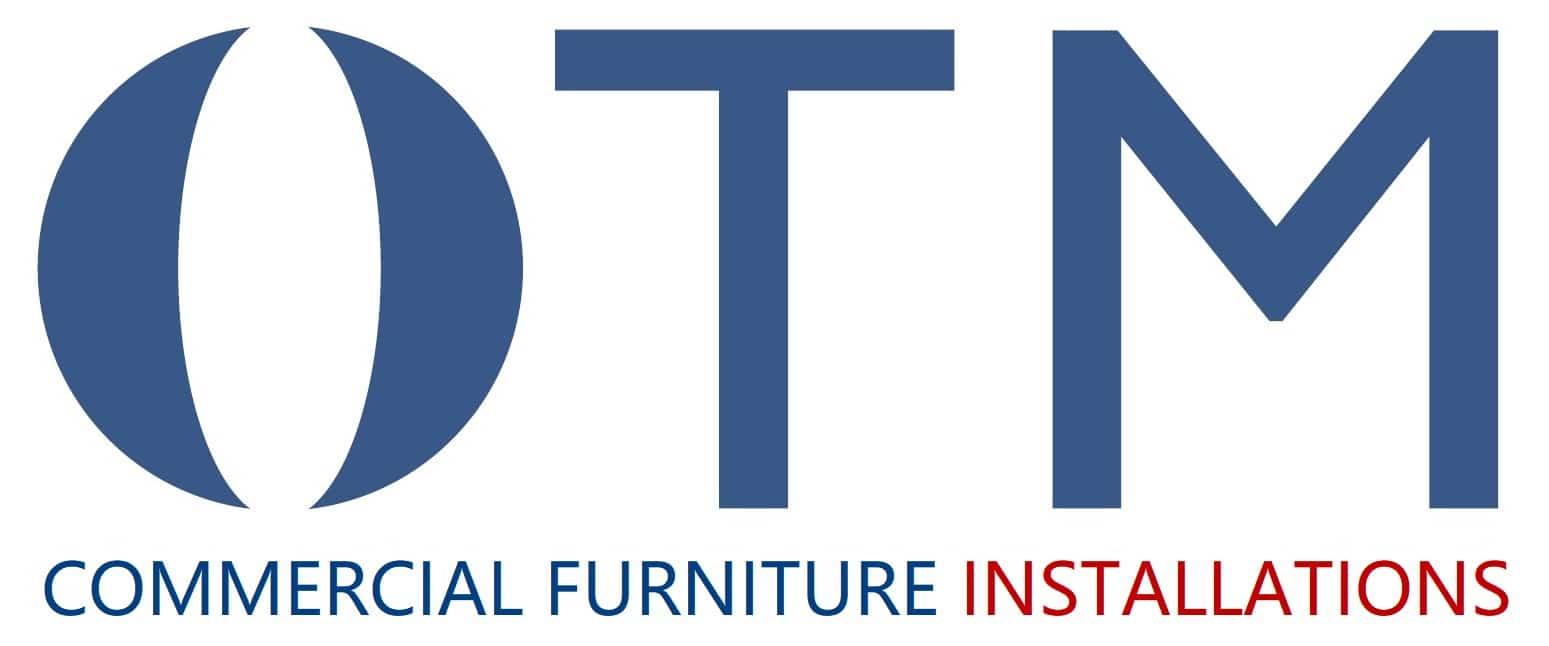Safety & Compliance
OTM is committed to abiding by all applicable local, state, federal and industry laws, regulations, guidelines and specifications. Our employees, customers, vendors and communities can be rest assured that we uphold the highest standards when it comes to our statutory and regulatory obligations.
COVID-19 RECOMMENDED BEST PRACTICES
The following recommended best practices are based on what is currently known about the Coronavirus (COVID-19) disease. As this issue progresses or recedes, we will continue to implement the most current best practices to protect the safety and health of our employees, customers and the general public.
PERSONAL RESPONSIBILITIES
-
COVID‐19 BEST PRACTICES
Personal Responsibilities
It is critical that team members do NOT report to work while they or any household member are experiencing illness symptoms such as fever, cough, shortness of breath, sore throat, runny/stuffy nose, body aches, chills, or fatigue.
Required Personal Protective Equipment
- All team members and guests are required to wear a mask shielding the face and nose area.
- Cloth masks or bandanas are acceptable, masks may be provided for employees who didn’t bring their own masks.
- Nitrile latex gloves will be provided at all job sites and may be used if needed.
- Standard personal protective equipment including safety glasses, hardhats, work and safety footwear, and protectivegloves is required when circumstances dictate or on construction sites where they are required.
Social Distancing
- Do not host large group meetings in a confined space, allow for 6 feet between attendees.
- Whenever possible, set up workspaces at least 6 feet apart.
- Avoid physical contact with others such as a hand shake or pat on the back
- Do not congregate in confined break/common areas.
- No communal food shall be permitted on the jobsite i.e., donuts, pizza, etc.
- The OTM office will perform meetings online or via conference call whenever possible.Supervisor/Lead Responsibility
Supervisors are required to ask the following 4 questions to all employees prior to initially entering the jobsite.
- Have you, or anyone in your family, been in contact with a person that is in the process of being tested for COVID‐19?
- Have you, or anyone in your family traveled outside of the United States or outside of California within the last 2 weeks?
- Have you been medically directed to self‐quarantine due to possible exposure to COVID‐19?
- Are you having trouble breathing or have you had flu‐like symptoms within the past 48 hours, including: fever, cough,shortness of breath, sore throat, runny/stuffy nose, body aches, chills, or fatigue?
If anyone answers “yes” to any question above, they will be asked to leave the jobsite immediately and not return until 14 days after they or any household member are free from a fever or signs of a fever without the use of fever‐reducing medication.
Cleaning/Sanitation
- Routine cleaning shall be performed of all frequently touched surfaces on the jobsite. This includes, and is not limited to: workstations, countertops, handles, doorknobs, shared tools and equipment.
- The use of appropriate cleaning agents and directions shall be utilized to perform all cleaning.
- Clean hands often with an alcohol‐based hand sanitizer or wash their hands with soap and water for atleast 20 seconds. Soap and water should be used if hands are visibly dirty.
- Do not share tools. If sharing is required, you must sanitize tools before each use
- Do not share personal protective equipment (PPE) NO EXCEPTIONS; Ensure used PPE is disposed ofproperly if applicable.
- Utilize disposable gloves at all times when on the jobsite; wash hands after removing gloves.
- Disinfect reusable supplies and equipment.
- Identify specific locations and practices for daily trash such as: paper, hand towels, food containers, etc.Instruct workers responsible for trash removal in proper PPE/hand washing practices.
- Do not use a common water cooler. Bring your own water bottles.
- Change out of your work clothes immediately upon arriving home; Wash clothes in hot water withlaundry sanitizer.
- Don’t work in areas where other trades are working if possible
- Utilize disposable hand towels and no‐touch trash receptacles.Transportation
- OTM trucks will be cleaned daily (handles, steering wheel, gear shift, instrument panels, etc.
- Only drivers are permitted in company vehicles, no passengers.
- We encourage workers to provide their own transportation when possible.
LINKS TO ADDITIONAL RESOURCES:
OSHA Guidance on Preparing Workplaces for COVID-19
Adherence to regulations
Identify applicable regulations. Determine which laws and compliance regulations apply to the company's industry and operations. These include federal, state and municipal rules.
Determine requirements. Identify the requirements in each regulation that are relevant to the organization, and consider plans on how to implement these mandates.
Document compliance processes. Clearly document compliance processes, with specific instructions for each role involved in maintaining compliance. This information will be useful during regulatory audits.
Monitor changes, and determine whether they apply. Compliance requirements are updated constantly. Changes must be monitored to determine if they are relevant to the company. If they are, implement updated procedures, and train the appropriate staff on these updates.













